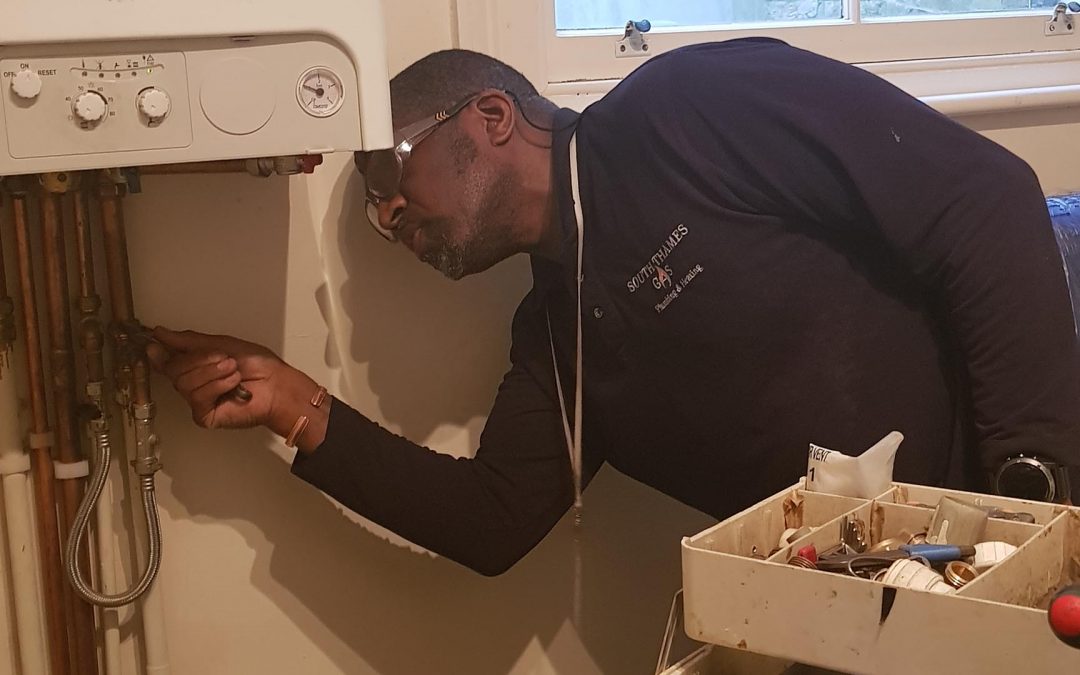Boilers are an essential part of nearly every home, with the only exceptions being homes that use an alternative heating system such as a heat pump or solar heating system.
As the summer heatwave becomes a distant memory and the nights start to get longer and much colder, many people are checking their heating systems to see if they need a boiler repair or to prepare their annual service.
However, given that boilers are built to last and there have been a lot of discussions about what the boiler of tomorrow is going to look like, far fewer people are aware of when they should consider replacing their boiler.
Whilst there is no exact science, here are some of the biggest signs that it is time to replace rather than repair.
Your Heating Bills Are Even Higher Than Expected
Given that heating bills are set to increase considerably this year alongside other cost of living pressures, money is on the minds of many people, and the last expense they want to consider is replacing a boiler.
However, an old, damaged or broken boiler can sometimes be immensely inefficient, taking a long time to heat or generating sludge that slows the heat travel around the house.
These not only can be incredibly annoying but can also require you to use more energy to heat the home. Many of these problems can be repaired but bear in mind that replacement may be necessary.
Repair Bills Stack Up
One of the biggest consequences of old boilers is that as parts become harder to find they can become increasingly expensive to fix, as well as require repairs more frequently.
Each situation varies, but if your boiler needs more than three major repairs, ask an engineer if it is worth replacing.
It Is Over A Decade Old
It must be said that boilers typically last a lot longer than ten years, with the average lifespan closer to 15 years and some lasting as long as 25 years. However, there is a dip in efficiency, performance and reliability that starts to hit at the decade mark.
Check how efficient it is, make sure to keep it regularly serviced and monitor it carefully in case it does need replacing for the sake of efficiency.
The Boiler’s Flame Is A Strange Colour
Typically, if your boiler has a pilot light, it should glow a vivid blue colour. If it starts to glow yellow, then contact an emergency engineer as it may be emitting carbon monoxide into your home.
Carbon monoxide can kill, and according to HSE statistics, seven people on average die every year from carbon monoxide poisoning caused by a faulty appliance.
As well as this, check for pilot lights that struggle to stay on, as well as brown stains and sludge around your boiler.
Inconsistent Water Temperature/Pressure
If you are using a tap or a shower and notice the temperature changing frequently and the shower struggling to retain water pressure, it may mean your boiler needs repressurising. However, if this does not work, you may need to consider replacing it.

